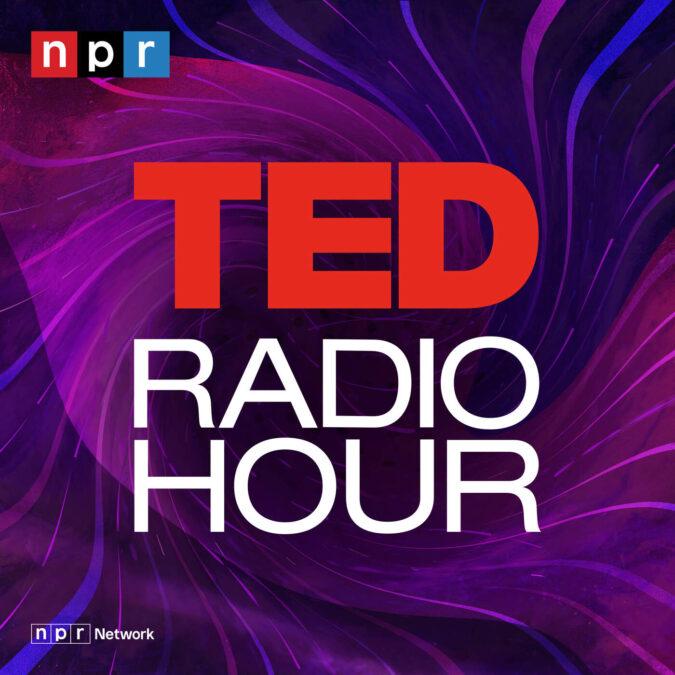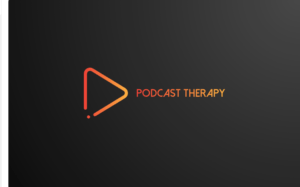In part five: host Manoush Zomorodi investigates what information overload does to our physical and mental health. Could our tech use be interfering with the critical dialogue that takes place between the body and the brain? Psychiatrist and neuroscientist Sahib Khalsa shares his latest research on interoception — the brain’s ability to sense how the body is feeling — and how finding time to unplug from our devices can help us tune into our body’s natural signals.
Also in this episode: neurologist Caroline Olvera takes us inside the “TikTok tics” outbreak — exploring why thousands of teens developed Tourette’s-like symptoms after watching TikTok videos in 2021. Plus, how a school in Washington, DC helps kids stay connected to their bodies by creating a high-movement, low-tech environment.
Click here to find out more about the project: npr.org/bodyelectric
Are you signed up for Columbia’s study, or following along with the series? We want to hear from you! Send us a voice memo at bodyelectric@npr.org. Talk to us on Instagram @ManoushZ, and on Facebook @tedradiohour.









